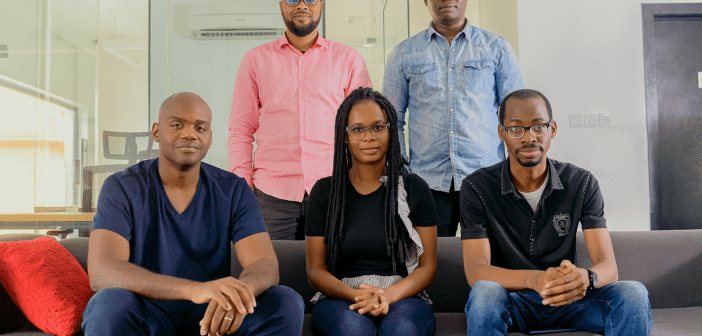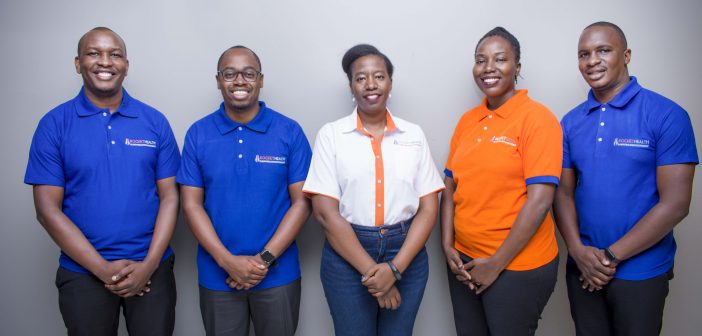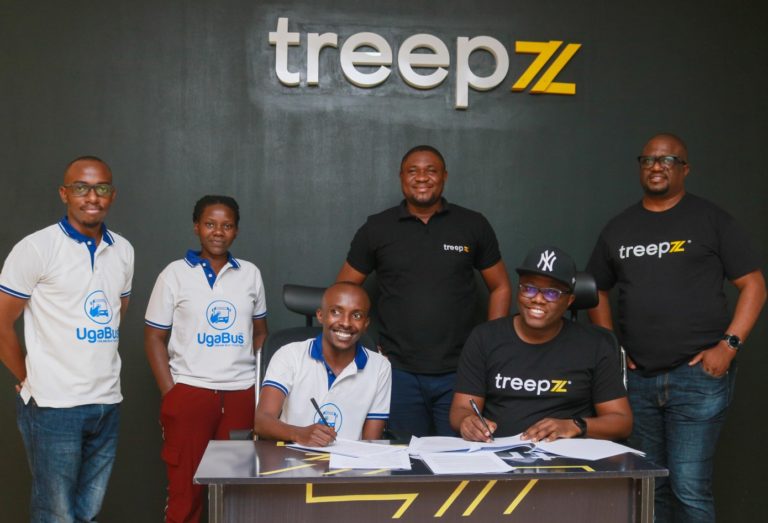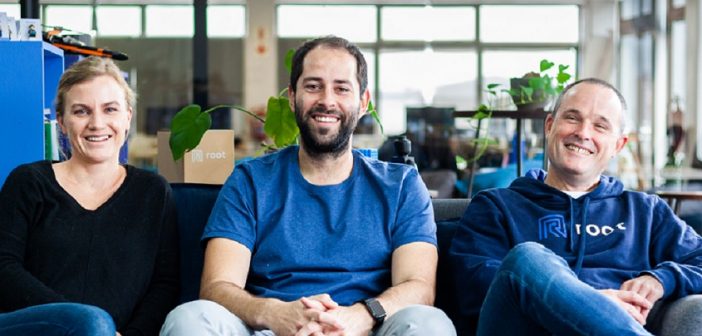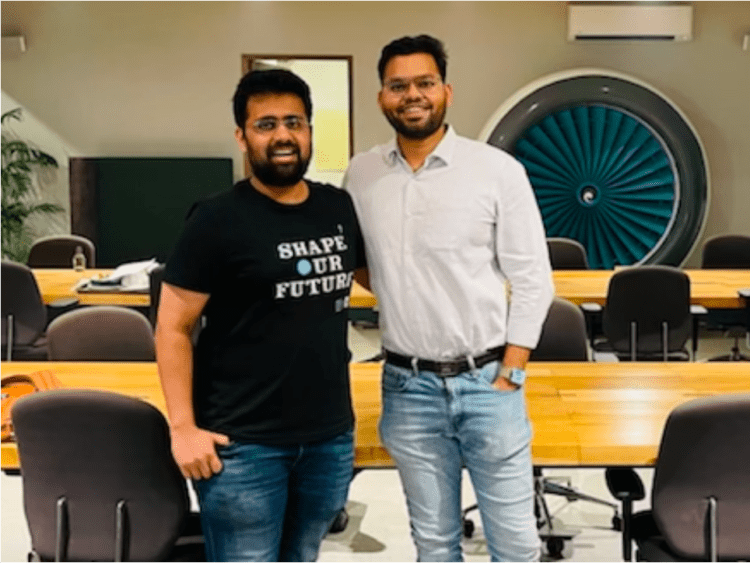Nigeria’s edtech startup,Teesas, has received $1.6 million in funding to expand across Africa and launch a tutor marketplace.
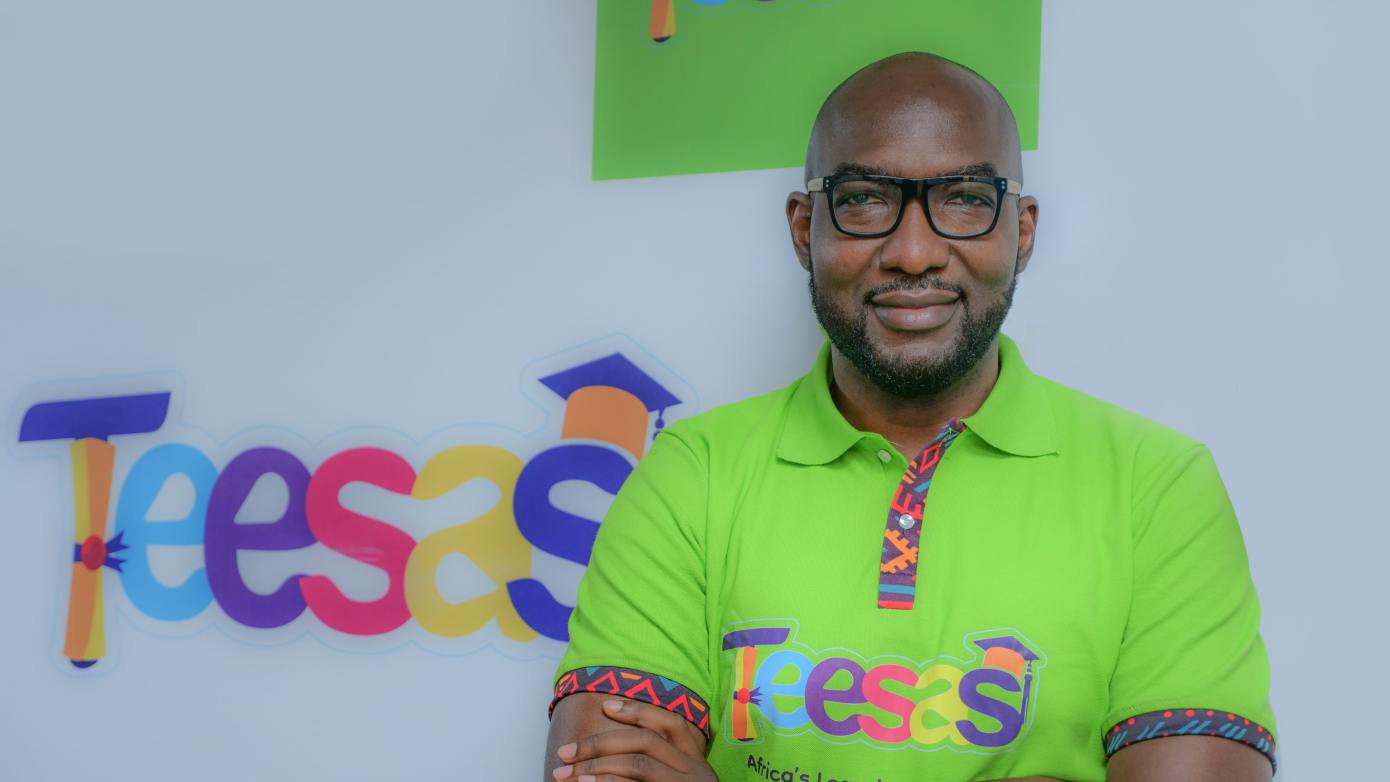
After seven years of producing electronic gadgets through his company, Imose Technologies, Osayi Izedonmwen took a break to pursue an idea he had been toying with for some time — an edtech startup, Teesas, which now offers video classes and other digital educational material to learners in Nigeria.
Teesas, which was founded less than two months ago, has experienced rapid growth, resulting in a $1.6 million pre-seed funding round. Izedonmwen intends to use the investment to enter new markets, launch a marketplace that connects learners with tutors for private lessons, and broaden its product portfolio.
“We began beta testing in August of this year and released the Android version in November.” Teesas already has over 150,000 downloads on Google Play, where we are growing by at least 20% every week,” Izedonmwen told TechCrunch.
Teesas’ content is aligned with Nigeria’s national curriculum and is delivered to learners in both live and recorded formats via a subscription program beginning at $6 per month. Aside from regular schoolwork, the startup also provides local language classes.
“Live classes address concepts that pose difficulties for students. “The learners sit with teachers in small remote classes of 10 or 15 for a more personalized engagement and to bring more rigor into the teaching process,” Izedonmwen explained.
Teesas will soon offer full-curriculum modules to students as young as 12 years old.
“We envision a future in which kids do not need to attend in-person classes because they can cover entire curriculums on an app and be prepared for their secondary school entrance exams,” he said.
Teesas plans to launch life-skills classes in the first half of next year to prepare students for self-discovery. This is in addition to anti-bullying lessons, which were inspired by reports of an increase in bullying in Nigeria, with some incidents resulting in death.
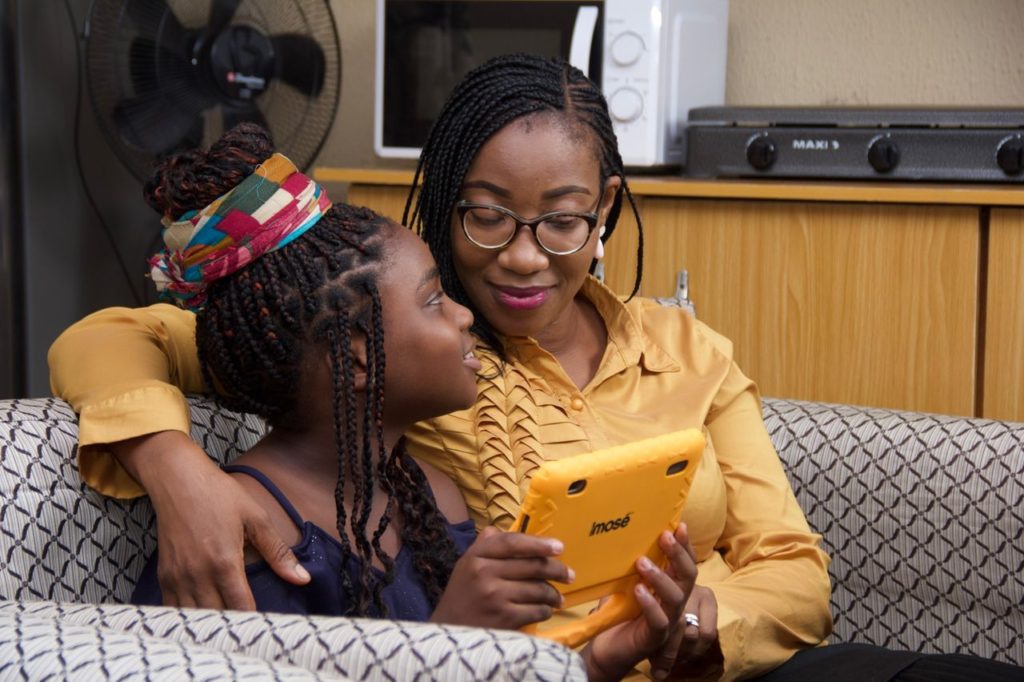
Product Development
Teesas development began in March of last year, with the platform’s design and development heavily influenced by its edtech peers in India, which served as benchmarks for content structure and lesson delivery.
“I was looking at India because they are very advanced and have some large companies leading the edtech revolution, such as Byju.” “I went out there to spend some time really understanding the model, as well as looking for opportunities to improve on what they were doing…then we applied indigenous adaptation,” he explained.
He refers to adaptation as the use of local art, food, animals, cultural practices, and languages to supplement the learning process.
While Izedonmwen is now fully engaged with Teesas, where he is CEO, he also remains chairman of Imose Technologies, the Lagos-based tech company he founded to manufacture and assemble electronic devices such as mobile phones, tablets, internet routers, and laptops.
“Teesas will have the greatest impact on Africa’s educational future.” And I really want to make sure that I’m putting in my best effort in leading that transformation – that’s why I’m focusing fully on it,” he said, while confirming that part of their next strategy will be to enter new markets in Francophone, East, and Southern Africa.
Izedonmwen, a trained engineer, worked for the oil and gas company ExxonMobil for 15 years before founding Imose, rising through the ranks to become the company’s operations manager in Nigeria.
Teesas now joins a growing list of African edtech startups that have recently received funding from investors betting on Africa’s fledgling edtech industry, which has recently seen an upsurge driven by the tailwinds of the covid pandemic.
Kenya’s Kidato and Craydel, as well as Nigeria’s Edukoya and ULesson, are among the new entrants.
Haresh Aswani, Tolaram Group’s Africa managing director, led the Teesas round, which included Olivegreen Advisory Partners, an Africa-focused venture studio, and other angel investors.
“We believe in the mission that Izedonmwen and the Teesas team have embarked on, and we are confident that they are best suited to tackle the challenge of using technology to improve access to quality education across Africa,” Aswani said.


